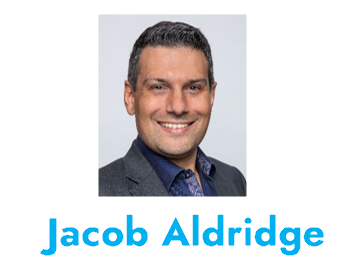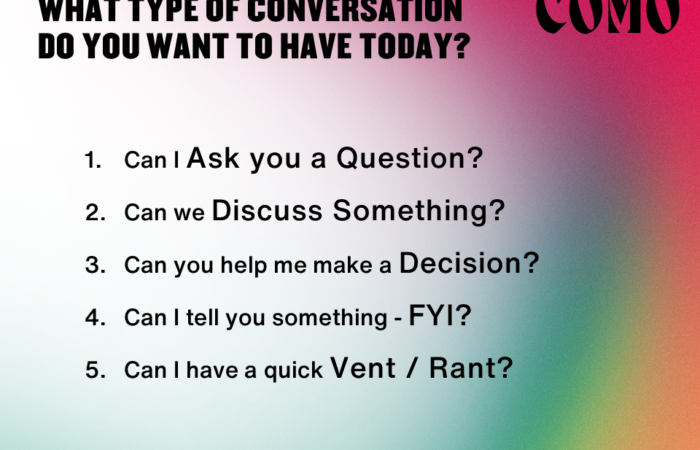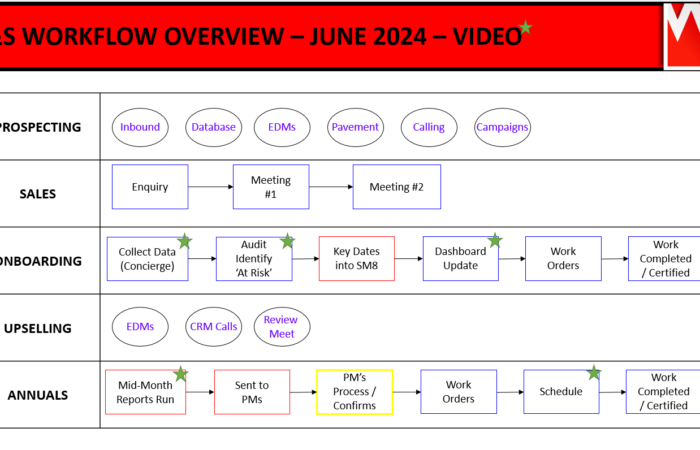How to Run More Efficient Meetings. In Blackboard Fridays Episode 28, Jacob talks about Productivity. Need this implemented into your business? Talk to the international business advisor who can do exactly that – Contact Jacob, Learn More, or Subscribe for Updates.
Did you know that the Sydney Morning Herald once declared me a “gold medal contender” should meetings ever become an Olympic event?! Check out my terrible tie as well here.
And it’s true – I’ve attended thousands of meetings. I know why some people view all meetings as a complete waste of time … and how you can be the exception.
This week’s video is designed for anybody who has ever sat through an awful, boring, and unproductive meeting. We call it the Momentum Meeting Model – and I guarantee that if you use this approach then the value of your meetings will increase enormously.
Or double-the-cost of your free Jacob Aldridge subscription will be returned.
Think about the next team meeting you need to run. Would you rather have a gold medalist helping? Let’s chat…
Who is Jacob Aldridge, Business Coach?
“The smart and quirky advisor who gets sh!t done in business.”
Since April 2006, I’ve been an international business advisor providing bespoke solutions for privately-owned businesses with 12-96 employees.
At this stage you have proven your business model, but you’re struggling to turn aspirations into day-to-day reality. You are still responsible for all 28 areas of your business, but you don’t have the time or budget to hire 28 different experts.
You need 1 person you can trust who can show you how everything in your business is connected, and which areas to prioritise first.
That’s me.
Learn more here. Or Let’s chat.
Transcript
Here’s a fun story. The Sydney Morning Herald newspaper in Australia once referred to me as an Olympic gold medalist for meetings. We calculated that I had attended more than four and a half thousand meetings in my time as a business coach … and that article was in 2014!
What that means is I’ve got a good idea of how to make good meetings great and why so many meetings completely fall apart and then become an enormous pain. A lot of businesses blame meetings for the problems that come out of them, which is a bit like blending a spoon for the reason you keep eating all that ice cream.
If you’ve got the right approach for running your meetings, then they will rerun with momentum with energy and they will serve their purpose which is bringing people together to communicate and decide before disseminating you back out into the business to execute.
Here’s a quick overview of the simple approach to running better meetings. Step one you need to have an agenda. This might be set in advance; it might be something that you go around the group and discuss and agree on that agenda.
You need to agree the whole agenda before you can start discussing the specific items that are on it. This is one of the ways in which meetings go bad is they grab the very first agenda item that comes up and they try and resolve it and run out of time without getting through the rest of the items.
Once you’ve got all those agenda items agreed, you need to triage. You need to set the right expectation—how much time have we got? Is there anybody in the room who maybe needs to take a phone call?
One thing that I say is always very helpful is having one person who’s responsible for taking notes. They will be documenting at the very least everything that is agreed and every action that is agreed. This is the step where you triage that agenda and it’s entirely possible that you won’t be able to cover everything that is on it.
So you need to, like they taught me when I was studying to be a journalist, run an inverted pyramid model where you put the most important things at the top and that way if it gets lopped off, like a newspaper editor might lock off your story half way through, you’ve still covered demo important points. I’ve seen meetings where the agenda and expectation steps can take most of the meeting. If that needs to happen, that’s perfectly fine because you’re better off doing that than discussing the wrong elements.
The bulk of the meeting, most meetings, run through these three steps: a discussion, a solution, and an agreement. To gain momentum, I’d recommend you prioritize two or three simple things at the start of the triage process. They’re the first ones you want to discuss, solve, and get agreement on.
Crossing those items off the agenda, getting some agreements in the bag, gives UN the team momentum to keep the meeting going. Make sure you allow enough time for those most important—the big meeting items, the ones that are going to require a lot more discussion and maybe a bit more of a controversial solution.
It’s also okay that your agreement in the meeting is an agreement to disagree, or an agreement for a smaller subsection of that group to go away and come up with a proposed solution for the next meeting. You don’t need to use everybody’s time to come up with solutions that maybe don’t require everybody’s input.
This process will cycle for as much time and agenda items as you have. Over time, as a meeting facilitator or chair, you’ll get better at moving the energy through that process faster making sure that everybody still feels heard that all the important points are raised but you don’t get horribly bogged down in the discussion or distracted by the million squirrels that can show up.
The last item in any meeting is taking the time to confirm the agreements that you’ve made and the actions that have been agreed. Therefore, having somebody document this is the most efficient process because at the very end, he or she can run through all of those.
Make sure you allow enough time at the end of the meeting to have that conversation because there’s no point making a whole heap of agreements that don’t get communicated and don’t get taken into the wider business.
It’s an interesting fact in most corporations that individuals have a very strict budget on how much money they spend but they can seemingly call a meeting with thousands and thousands of dollars of hourly resource sitting around having a gas bag.
Make your meetings as efficient as possible and you will ensure that you get a return on investment for the time of each of those individuals sitting in a meeting.
Next Steps
Want to learn more about how this can apply to your business? It costs nothing to chat:
- Email me jacob@jacobaldridge.com (I read them all)
- Call, Text, or WhatsApp me +61 427 151 181
- Or just Subscribe https://jacobaldridge.com/about/subscribe-to-jacob-aldridge-com/ to stay in touch





[…] Funny, isn’t it? For all the #BlackboardFridays that have discussed strategies used to help businesses add millions in revenue, the episode with the best feedback was when we discussed how to run better meetings. […]
[…] we know that bad meetings can be terrible time wasters, but as we discussed in Blackboard Fridays episode 28 blaming ‘meetings’ for a lack of productivity is like blaming ‘spoons’ for […]